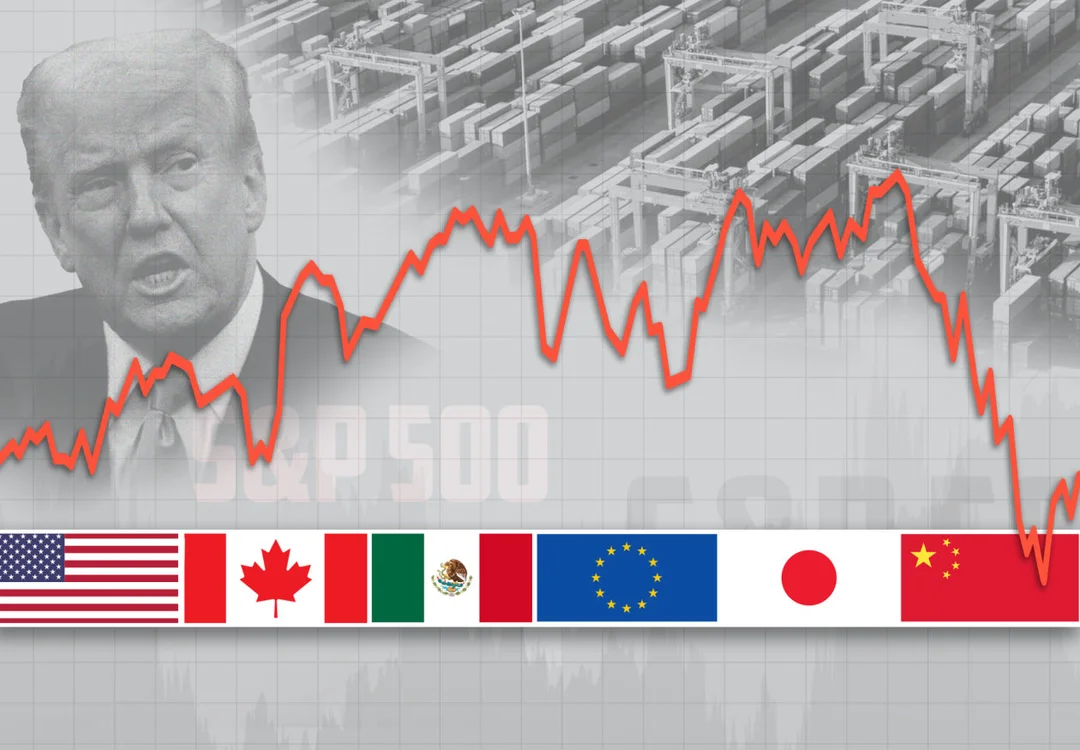
Trump’s Reciprocal Tariffs Set to Impact Next Week, Facing Multiple Challenges
President Donald Trump's plan to impose reciprocal tariffs is scheduled to take effect next week, marking a significant shift in U.S. trade policy. The administration aims to level the playing field by matching the tariffs other countries impose on American goods. However, this ambitious strategy faces several hurdles, including potential retaliation from trade partners, legal challenges under World Trade Organization rules, and concerns from U.S. industries about increased costs.
Automakers, in particular, are bracing for impact, as sector-specific tariffs could disrupt the global supply chain and affect vehicle prices. The automotive industry, a key player in the U.S. economy, is closely monitoring developments, fearing that new tariffs could lead to reduced competitiveness and job losses.
As the deadline approaches, the Trump administration is working to address these concerns while pushing forward with its trade agenda. The effectiveness of these tariffs and their impact on the U.S. economy and international relations remain to be seen, but the coming weeks will be crucial in shaping the future of American trade policy.